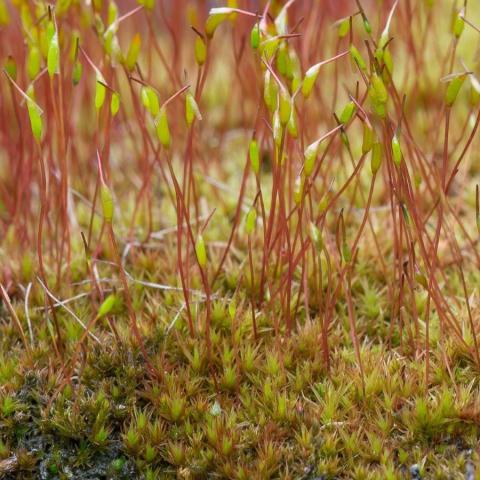Let us know: What helps you engage with IPBES and IPCC? And what gets in the way?

The RESPIN project is running a major survey on barriers and incentives to the engagement of knowledge holders in IPBES and IPCC processes.
RESPIN wants
- to improve how existing knowledge on biodiversity and climate is used to make decisions.
- to strengthen collaboration between IPBES and IPCC (the Intergovernmental Panel on Climate Change).
No matter your background, we want to know what helps you participate and what gets in the way: let's make the most of high–quality science on biodiversity and the climate.
You are invited to this survey whether you are from academia and research, government, the private sector, a civil society organisation, an NGO, an indigenous people or local community, or from a different background: your perspective is welcome.
Get your copy of the joint report by IPBES and IPCC on biodiversity and climate change. Following the report's success, 147 IPBES member governments will discuss future collaboration between IPBES and IPCC at the December 2024 IPBES Plenary session.
About RESPIN
REinforcing Science-Policy INterfaces for integrated biodiversity and climate knowledge and policies will support governments and other stakeholders in joining IPBES and IPCC and using these platforms' publications: to support stakeholders' access to scientific evidence of the highest quality.
The EU-funded project is running from 2024 to 2027. It is led by the Helmholtz Centre for Environmental Research in Germany and works closely with multilateral and local partners around the world. It focuses on underrepresented regions in Central Africa, Central Asia, and Latin America.
Meet RESPIN and many other initiatives and organisations engaging with IPBES at #IPBES11 Stakeholder Day on 9 December 2024: get inspiration, share ideas, and find new partners. Registrations have been extended and remain open: register now.
Photo by Vladimir Bryukhov on iNaturalist: Redshank (Ceratodon purpureus) features on the RESPIN project's title image. This hardy moss species thrives worldwide, even in polluted urban and industrial environments.
